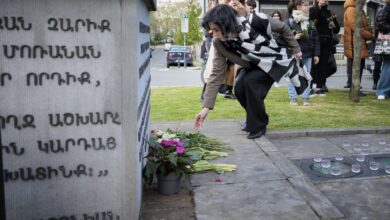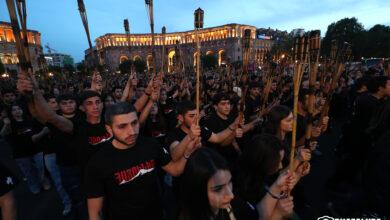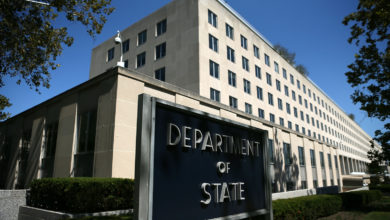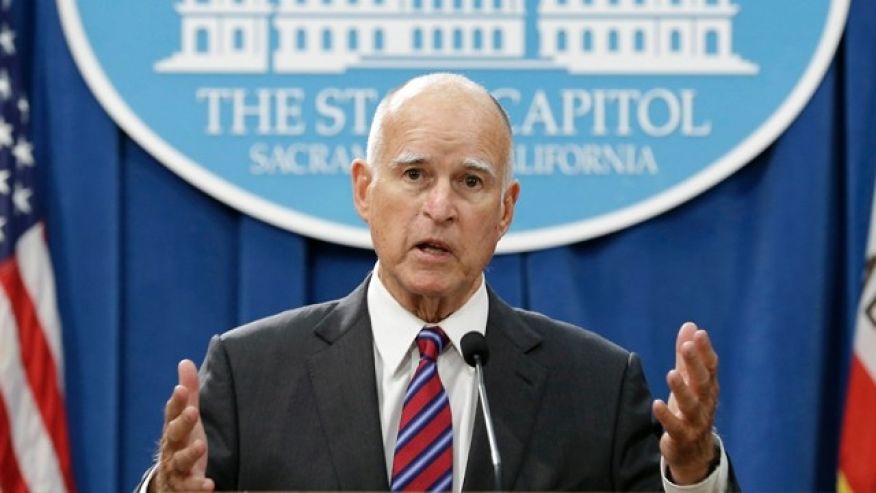
Heeding pleas from Turkish American groups and the Trump administration, Gov. Jerry Brown has vetoed parole for an Armenian American who murdered Turkey’s consul general in Los Angeles in 1982, SFGate reports.
Hampig “Harry” Sassounian was 19 when he and a companion, who has not been caught, shot and killed Kemal Arikan as the consul sat in his car at an intersection in the Westwood area of Los Angeles. A group called the Justice Commandos of the Armenian Genocide, to which Sassounian reportedly belonged, called a news service shortly afterward and claimed responsibility for the shooting, and other killings of Turkish diplomats, “to demand justice for genocidal crime in Turkey in 1915.”
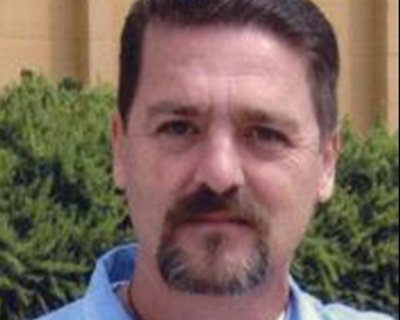 Sentenced to life in prison, Sassounian had been repeatedly denied parole until December, when the state Board of Parole Hearings recommended his release from San Quentin. The board said Sassounian, traumatized by horrific warfare in his native Lebanon as a child, had accepted responsibility for his crime, shown remorse, and participated in numerous treatment and job-training programs in prison.
Sentenced to life in prison, Sassounian had been repeatedly denied parole until December, when the state Board of Parole Hearings recommended his release from San Quentin. The board said Sassounian, traumatized by horrific warfare in his native Lebanon as a child, had accepted responsibility for his crime, shown remorse, and participated in numerous treatment and job-training programs in prison.
Brown, who as governor can override the decisions of his appointed parole board, has accepted its grants of parole about 80 percent of the time, far more often than previous governors. But he said Monday that he believes Sassounian would still pose “an unreasonable danger to society if released.”
The killing was “a deliberate, planned assassination of a diplomat,” plotted at least two weeks in advance, Brown said. The governor, unlike U.S. presidents, has previously referred to the slaughter of as many as 1.2 million Armenians in Turkey as a “genocide” and described the killings Monday as a “horror” for which Turkey has not apologized. But, he said, the killings could not justify a murder decades later.
Turkish American groups had urged the governor to deny parole. They were joined by Secretary of State Rex Tillerson and Attorney General Jeff Sessions, who sent a letter to the parole board March 28 opposing Sassounian’s release.
The two Trump administration officials called Arikan’s murder “an attack on diplomacy itself.” They said that the United States had successfully urged the French government to deny parole to a man who murdered a U.S. embassy official in Paris in 1982, and that Sassounian’s parole thus “would undercut the position that the United States takes worldwide, and would make all diplomats — whether from the United States or elsewhere — less safe.”
It may be the first time a president’s administration has taken part in a California parole proceeding. Brown cited the letter in his decision, which came a day before President Trump’s meeting at the White House with Turkey’s president, Recep Tayyip Erdogan.
The governor also said Sassounian undermined his case for rehabilitation with a letter he sent from prison to an Armenian military newspaper in 2012. Sassounian said that he dreamed of the day Armenia could manufacture its weapons and that when he returned, he would go to the border to defend his land. “I am a soldier of my Fatherland until the day I die,” he wrote.
Sassounian later told a prison psychologist that the letter had been a mistake and that he was committed to peace. Though the parole board accepted his explanation in December, Brown said he wasn’t convinced.
Sassounian’s lawyer, Mark Geragos, called the governor’s action “alarming.”
“This was a young kid, clearly swayed by emotion at the time” of the killing, who is now “being used repeatedly as a political football,” Geragos said. “I don’t understand why the State Department is involved,” he said, and “I didn’t realize that the governor was trying to curry favor with the brutal dictator Erdogan.”


